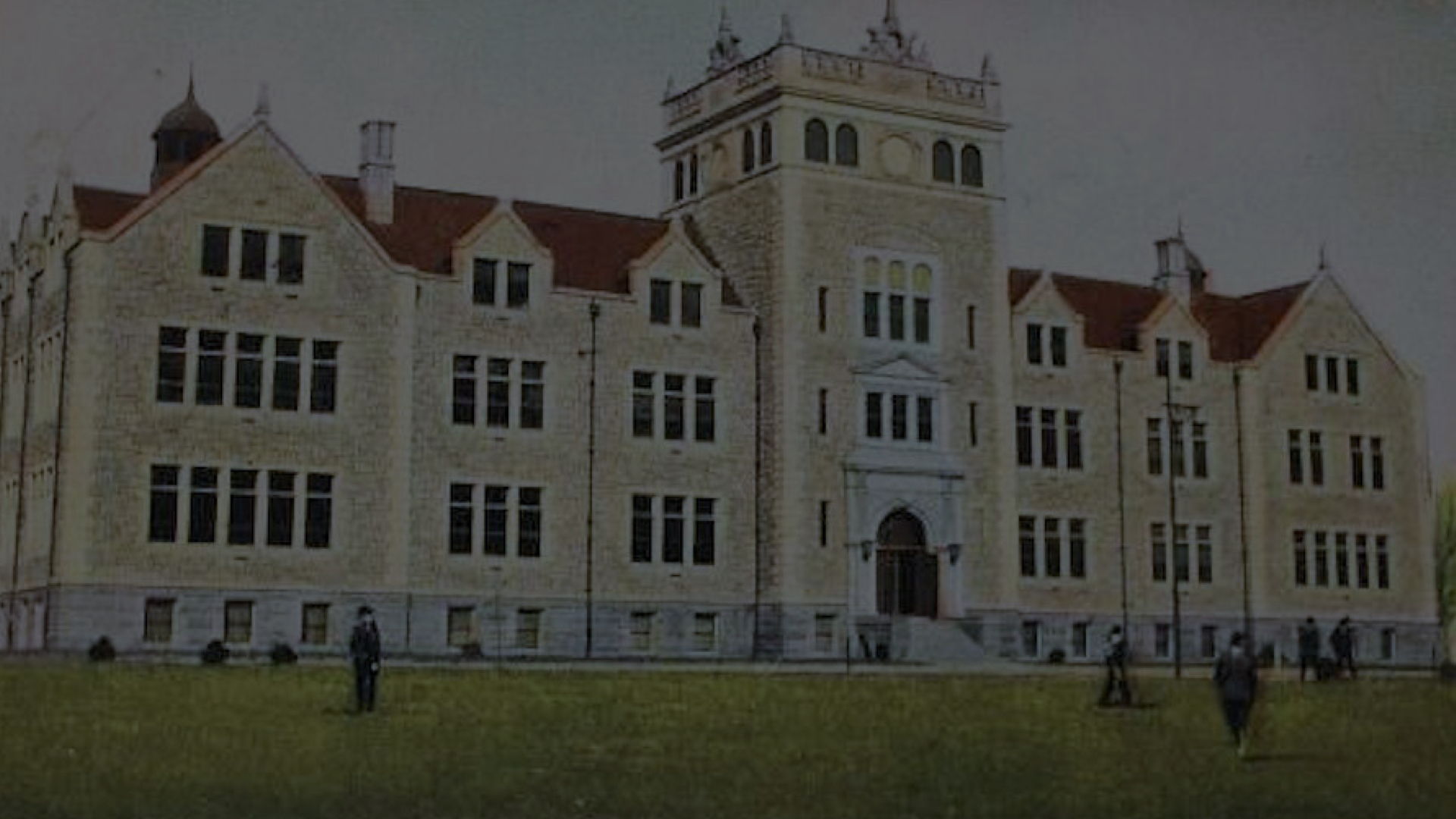In his inaugural address as president of the college he founded, Frederick Augustus Muhlenberg spoke of the values that animate the institution: “We do not regard an education as complete that aims only at improving the intellect,” he said, and goes on to emphasize that Muhlenberg is an institution that “contemplates the education of [one’s] conscience and the cultivation of [one’s] heart.”
This commitment to a complete education, one that includes the cultivation of intellectual and ethical habits of thinking and acting, is at the heart of a liberal arts education. Even as the liberal arts come under attack from wide range of voices across the American political spectrum, we do well to remember that this commitment to educate the whole person is deeply rooted in the history of American higher education and has long been a source of innovation and growth.
In the wake of new, dynamic modes of digital communication made possible by the creation of the world-wide web in 1989, this commitment to educating the whole person and the need to bring the excellences of the liberal arts to our interactions with one another have never been more important.
The technologies associated with the web have now grown so familiar and become so ubiquitous that it is easy to forget how new they are and how young we are with them. We are still learning what we can do with them and what they are doing with us.
Technologies always work both ways.
Their affordances and limitations can best be discerned by putting them into practice; for by using the technologies and being used by them, we come to better understand the possibilities they open for us and the challenges they present.
My visit to Muhlenberg is informed by a commitment to put the technologies of digital communication into a liberal arts practice in order to open a space to reflect upon how they might enrich and impoverish our relationships with one another.
The education of conscience to which Muhlenberg calls us is a task to be taken up anew each day; it involves a commitment to weave a concern for justice into our interactions with one another be they online or in person.
Cultivating Communities of Learning with Digital Media
Drawing on my experience with public writing in an Ancient Philosophy course, this faculty workshop focuses on the pedagogical affordances and limitations of public writing in digital environments. The discussion will circle around questions raised by my article, Cultivating Communities of Learning with Digital Media: Cooperative Education through Blogging and Podcasting.
Of central importance to the design of that course was the scoring rubric used to cultivate the habits and practices of public writing on the co-authored blog. I share it here so that it can be freely adapted as needed.
Tweeting the Liberal Arts @Muhlenberg #MCLA16
Below are the curated posts from the interactive presentation held at Muhlenberg on February 1, 2016 at 8pm.


3 Comments